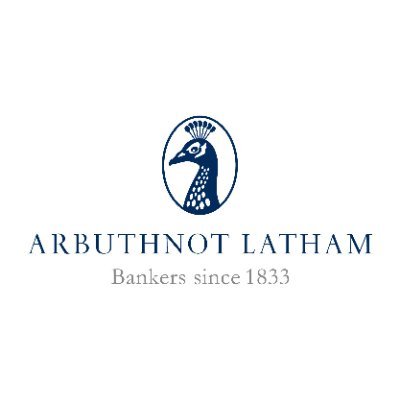A subtle but significant shift is underway in how UK business owners preserve their legacies. Changes ahead will quietly reshape strategies, and those who act now may be better positioned than those who wait.
As the spring of 2026 approaches, individuals and families at the heart of UK enterprises ought to prepare. The forthcoming reforms to Business Relief, part of April 6, 2026’s amendments to inheritance tax legislation, will introduce new thresholds, restrict relief applicability and tighten trust structures. Savvy investors will recognise that these are inflection points rather than abrupt jolts.
To appreciate the impending change, recall that traditional Business Relief has served as a cornerstone for estate planning. By exempting qualifying business assets, such as shares in unlisted trading firms, AIM-listed entities and partnership interests, from inheritance tax, many founders could confidently pass on their enterprises without triggering significant tax liabilities. The relief hinges on active trade and a minimum two‑year ownership period.
But from April 2026, relief becomes calibrated. The full exemption will cap at £1 million per individual or trust. Assets beyond that will enjoy just 50% relief. AIM shares, once fully sheltered, will also fall into the 50 per cent band. Families using multiple trusts to fractionate ownership will face shared caps, limiting that flexibility.
The implications are layered. Estates surpassing the cap may now incur a meaningful tax charge—heirs of a £4 million business, for example, will confront a £600,000 tax bill that would not have arisen under existing rules. AIM exposure as an inheritance-optimisation tool becomes less efficient. And trust-based succession strategies require fresh thinking.
For long-term positioning, proactive reassessment is prudent. Valuations should be refreshed to understand how much of a business falls under the new £1 million shield. Trust frameworks must be reviewed for cap allocation, and relief eligibility. Some strategies may emphasise spreads across family members, or timelines ahead of 2026.
Alternatives are gaining attention. Investment vehicles such as family investment companies or employee ownership trusts may preserve intergenerational equity with less exposure to inheritance tax. Insurance can also offset liabilities. Importantly, these options demand integrated planning, goals tied to individual wealth, business succession and family structure.
Piecemeal adjustments will not suffice. Holistic re-evaluation with advisors, trustees and accountants is essential. Understanding where tax relief sits today and how structures align with future rules is fundamental.
Business Relief is changing from April 6 2026: a cap on full relief, reduced allowances for AIM shares, and tighter trust limits. For investors, trustees and entrepreneurs, the opportunity lies in recognising that these are manageable shifts rather than crises. With thoughtful planning and structure, legacy preservation remains viable.
Arbuthnot Banking Group PLC (LON:ARBB), trading as Arbuthnot Latham, provides private and commercial banking products and services in the United Kingdom. Founded in 1833, Arbuthnot Banking is based in London, United Kingdom.






































